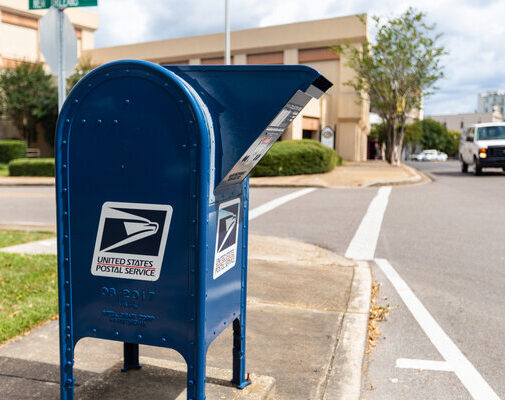Marcia K. says:
Hi there,
I enjoyed (as always) the latest issue of IL.
My husband and I are gearing up to move overseas. But we heard that many financial institutions in the U.S. will not advise or serve you if you don’t have a physical U.S. address.
Any advice?
IL’s Chief Global Diversification Expert Ted Baumann Says:
 Hi Marcia,
Hi Marcia,
Before I address your question directly, a couple of points:
- Most U.S. pension plans and brokerages are happy to transfer money directly to a foreign bank account, obviating the need for a U.S. bank account. The Social Security system will also pay directly into a foreign account with no problem. You didn’t mention why you need a U.S. bank account, but if you’re assuming that you need to receive funds into one and then transfer them offshore, that may not be the case.
- Note that a physical address and mailing address are two different things. You may be able to simply change your address on an existing bank account. At my main bank, for example, I have my mailing address registered as a mail drop near a relatives’ house in Florida, but my physical address is my new home in Cape Town. The bank had absolutely no problem with this.
The Patriot Act requires all U.S. financial institutions to be able to verify a real “physical” address.
Until about 2019, many banks were willing to overlook this rule, but there has been a recent crackdown. In addition to refusing new accounts without a verifiable physical address, many banks are sweeping their existing client lists to verify claimed addresses.
The most reliable solution is always to ask a friend or relative to allow you to use their address as a physical address.
When I went to change my address to South Africa for my American Express account, it required a physical/residential U.S. address, but accepted Cape Town for my mail drop. So, I ended up using a relative as the physical address, but he won’t be receiving any mail on my behalf.
I don’t know if it would be possible for you to make such an arrangement, but I would strongly recommend that you try.
In years past, you could use a mail drop like a UPS store for banking purposes. But under the Patriot Act, all mail drops must register as a Commercial Mail Receiving Agent (CMRA) with the post office. The USPS then flags the physical address of the mail drop as a CMRA, so it doesn’t qualify as a physical address.
Various companies claim to be able to get around this by providing a verifiable physical address. For example, anytimemailbox.com and ipostal1.com will give you a physical address for around $10 a month.
When mail arrives, they email a scan, so you can choose whether to have it forwarded to you. The problem with these services is that eventually, we can expect the government to flag them as providing fake residential addresses. Other companies will crop up in their place, but it’ll be a game of whack-a-mole.
If you go this route, it’s important that the address you rent is considered “physical” by the USPS. For example, 1000 Main St, Unit 123 Somewhereville, AL 12345 will work, but 1000 Main St Unit 123 #45678 Somewhereville, AL 12345 won’t, because the “#45678” will be flagged as a mail drop.
Another option is to continue using your former residence as your physical address, but shift your mailing address to a mail drop. But again, it’s best if someone you know will allow you to use their place as a physical address. Remember, that doesn’t mean that they’re going to be getting mail on your behalf, or at least not very often.
Got a Question?
Send your thoughts to mailbag@internationalliving.com. We’ll post and respond to as many of your emails as we can right here in the e-letter.

